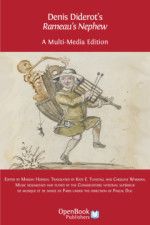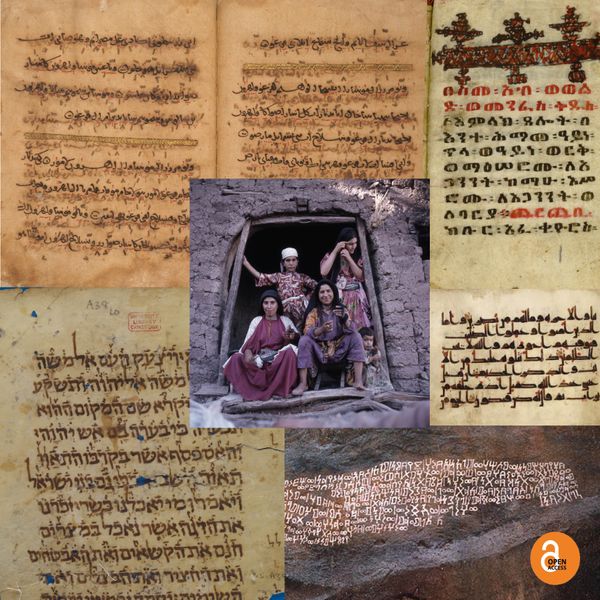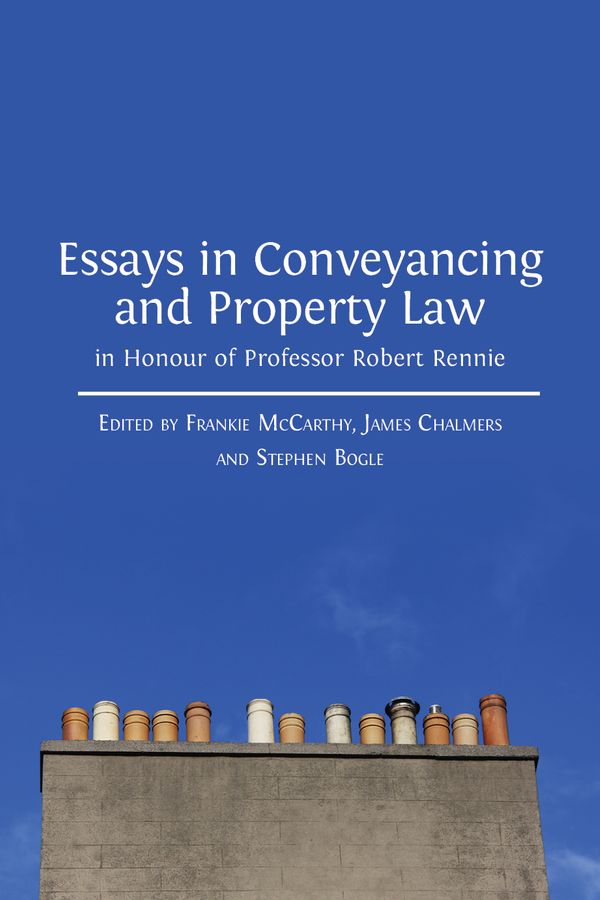Allusion/Echo and Plagiarism: Walking the Fine Line
In the three-volume second edition (1987) of Tennyson’s complete poems, editor Christopher Ricks cites more than twelve hundred instances where phrases and short passages are similar or identical to those occurring in prior works by other hands. These similarities are sometimes as minimal as two or three words, but in some cases extend to several words in the poems. My own work on Tennyson’s textual parallels, benefiting from the proliferation of digitized texts and the related development of powerful search tools over the three decades since that edition was produced, has identified hundreds more. Like those previously identified, each of these new instances may be deemed an allusion (meant to be recognized as such and pointing, for definable purposes, to a particular antecedent text), an echo (conscious or not, deliberate or not, meant to be noticed or not, meaningful or not), or merely accidental. Unless accidental, these new textual parallels tell us more about Tennyson’s reading and shed further light on his thematic intentions and artistic technique. But do they also tell us that Tennyson, for all his talent as a poet, was also a plagiarist on a grand scale?
Questions about Tennyson’s originality were first raised early in his career, with an unsigned review of his Poems (1833) in the New Monthly Magazine accusing him of having ‘filled half his pages with the most glaring imitations’. Thirteen years later, in The New Timon, Edward Bulwer‑Lytton referred scornfully to the ‘borrowed notes’ and ‘purloin’d conceits’ of ‘School‑Miss Alfred’. The most galling attack, however, and the one that prompted Tennyson’s most intense and sustained response, came late in his life. It was long after he was named Poet Laureate, long after his verse had won him fame, fortune and all but universal admiration, and came, ironically, from a scholar‑critic who claimed to hold him and his poetry in high regard.
When John Churton Collins published the first of three installments of ‘A New Study of Tennyson’in the January 1880 issue of The Cornhill Magazine—including in it, based on his wide reading and prodigious if imperfect memory, nearly a hundred instances in which Tennyson seemed to him to have derived phrases, lines, passages, even whole poems from an assortment of earlier, mostly classical authors—Tennyson filled the margins of his copy with comments generally ranging from denial to outrage. Alongside two lines from his Mariana, said by Collins to have been adapted from two lines ‘scarcely less beautiful’ of the Latin poet Cinna, Tennyson wrote: ‘I read this for the first time’. Alongside five others, ‘not known to me’. Alongside six, ‘nonsense’. Alongside three, ‘no’, or ‘no, close as it seems’. Alongside five, ‘!!’ or ‘!!!’ and so on. In three instances, it should be noted, Tennyson’s marginal comment was ‘possibly’. If, as seems unlikely, he took the trouble to both read and mark up parts two and three of Collins’s Cornhill pieces—later collected with other purported instances of the poet’s borrowings in Collins’s Illustrations of Tennyson (1891)—his copies and any marginal comments they contained seem not to have survived. Tennyson’s annoyance with Collins and insistence on the originality of his poems found further expression in his subsequent correspondence and conversation, with one scholar, Edmund Gosse, whose latest critical study Collins had panned in print, reporting—or claiming—that Tennyson had consoled him by calling Collins ‘a louse on the locks of literature’.
Was Tennyson, then, despite his denials, a serial plagiarist? What can, I think, be said is that Tennyson’s repeated insistence that he only rarely consciously and deliberately borrowed anything from anyone is as questionable as Collins’s repeated insistence that he believed the same thing. Based on the enormous number of textual parallels to prior works to be found in Tennyson’s poems—those previously (and credibly) identified, plus those first reported in my study—a fundamental and lifelong aspect of Tennyson’s art would seem to have been his habit of echoing any work ancient or modern he had read and at least half-consciously recalled, that his creative intelligence told him would enhance the resonance or deepen the meaning of his poems.
These textual parallels do not, in my view, reflect a lack of imagination or a want of originality, but an imagination of enormous range and power that regarded everything he had ever read, as well as the world around him, the people he knew, the people he loved (or didn’t), and his own personal and emotional experience, as the raw material of his art. If Tennyson’s lifelong practice of crafting poems in this manner—a practice adopted, to varying degrees, by countless other poets both ancient and modern—left and leaves him susceptible, however unjustly, to the charge of plagiarism, then so be it. The fact remains that in doing so, Tennyson masterfully created some of the most memorable and original poems ever written in the English language.
Tennyson’s Poems: New Textual Parallels (https://doi.org/10.11647/OBP.0161, OBP, 2019)



